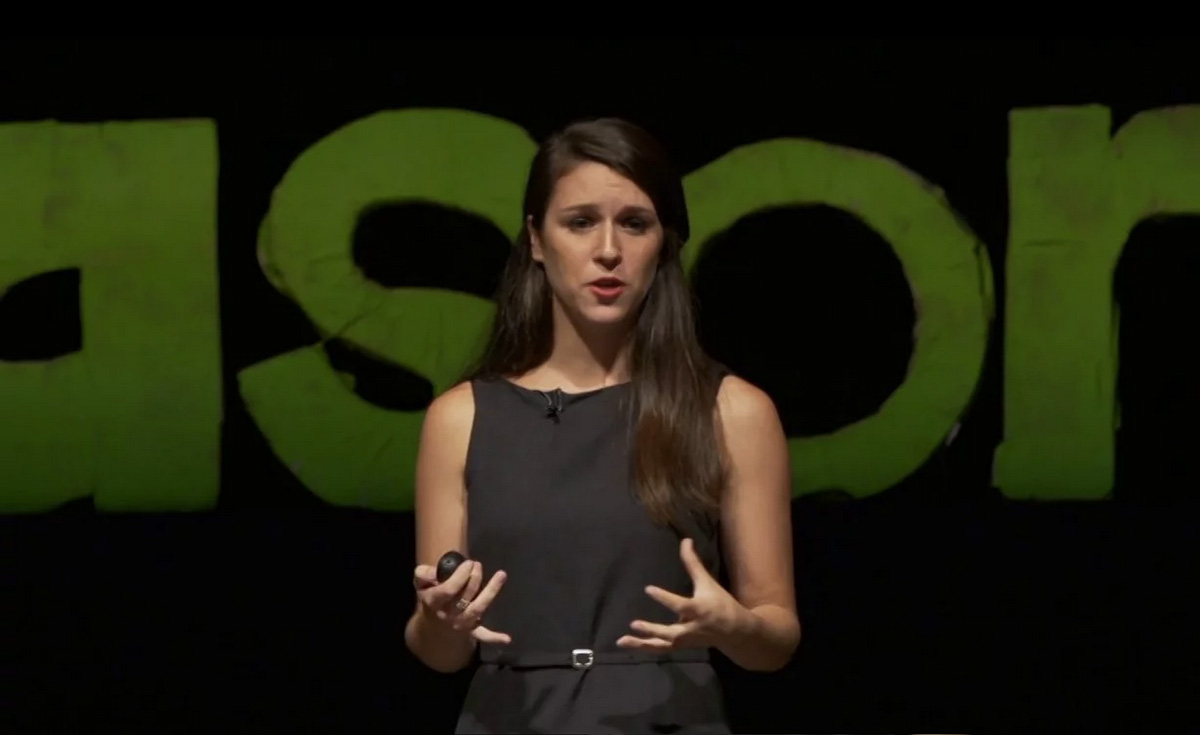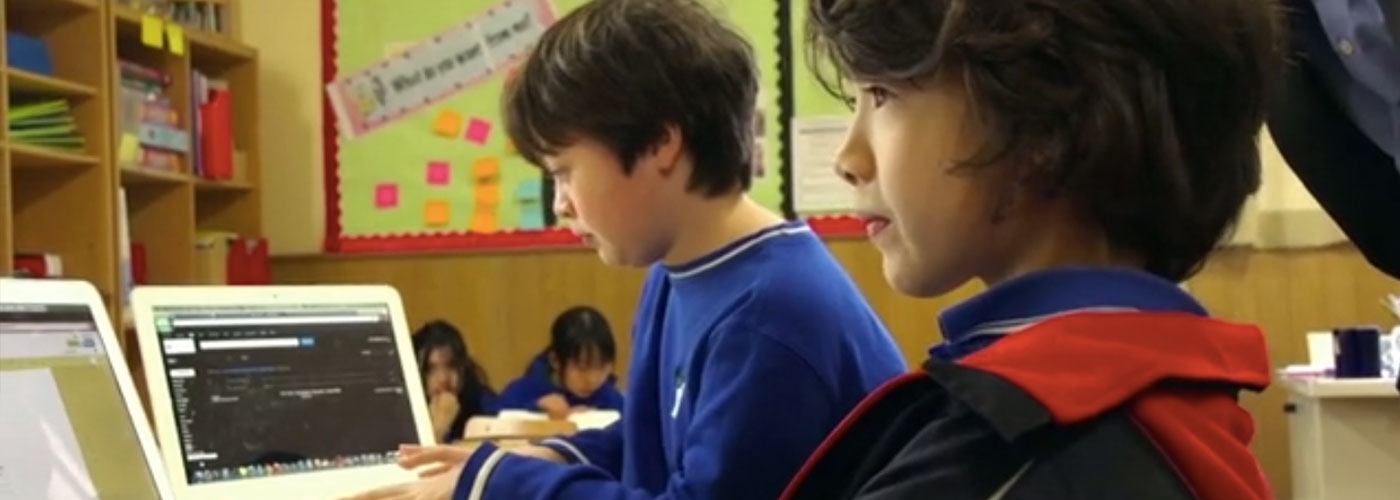On an otherwise reasonable evening in July, over 1000 people packed an auditorium in Boulder Colorado for the culmination of the Unreasonable Institute. They came to watch 12 ventures, tackling some of the world’s greatest challenges, take the stage and share their plans to help define progress in our time. This is one of those talks.
The entrepreneur in this video is Francesca Jones of Greenway Grameen Infra.
What is the urgent social or environmental need you’re addressing?
500 million households globally and 160 million households in India don’t have access to modern cooking fuels & thus rely on burning solid biomass (wood, cow-dung, etc.) in open fires or mud stoves. This cooking method is inefficient & smoky, producing excessive greenhouse gas emissions and dangerous household air pollution. The household air pollution kills 4 million people around the world every year, making it the #1 health risk in all of South Asia. It’s also inconvenient, creating a time & monetary burden on rural consumers due to added fuel purchase or collection and the constant need to tend to the flames.
What is your solution to this need? Describe your business strategy.
We supply rural consumers with convenient, effective & affordable home energy solutions; by utilizing human-centric design, we produce products that actually meet target consumer needs, require little behavior change, and are durable. Our flagship product, the Greenway Smart Stove, reduces fuel usage by 65% & smoke emissions by 80% & has proven highly adoptable. The Smart Stove has meaningful environmental and health benefits, but our consumers seek it out for its quality, convenience and modernity. The product is sold to consumers at a retail price of Rs. 1299 (~$23 USD). It is available through small, locally-owned shops like appliance stores, metal shops, etc. We distribute through established appliance distributors across India, using their knowledge of that particular region & our analysis of demographic data to place the product in high-potential retail shops in small towns and semi-urban areas. Partnerships with financial institutions have allowed us to enhance the affordability of the product, reaching deeper into rural areas.



